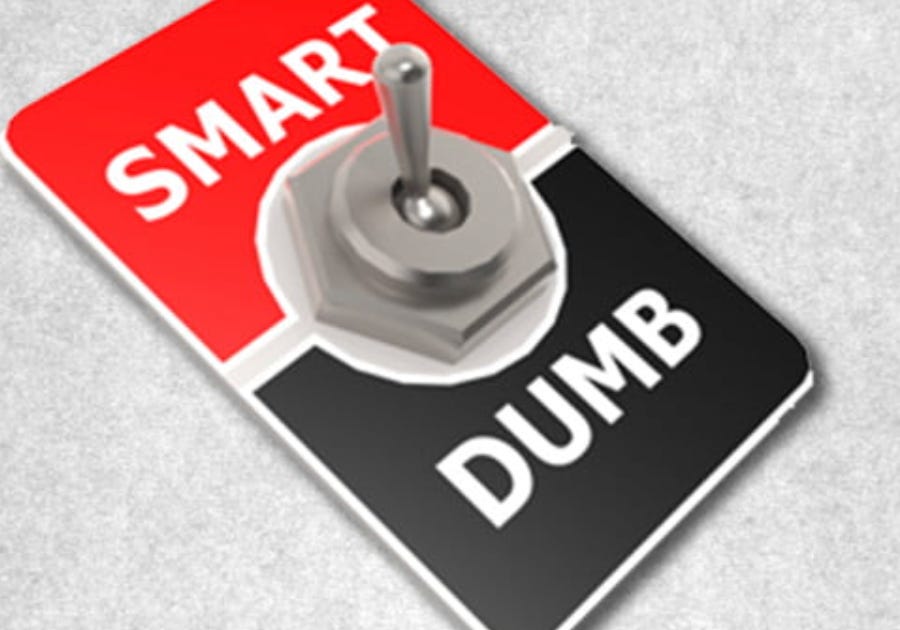
Democracy is the idea that everyone deserves representation, an equal voice. Epistocracy, derived from the Greek words episteme (knowledgeable) and kratos (power), is the belief that political power should belong to the most informed. This sentiment was shared by thinkers like John Stuart Mill, who proposed the idea of plural voting, where some people have more votes than others, specifically those who are more educated. The idea of epistocracy stems from a similar belief, but in the idea that those who are more politically knowledgeable should be the sole deciders in the management of society.
Background on Epistocracy
Epistocracy was introduced in 2016 by Georgetown University professor Jason Brennan in his book Against Democracy, in which he argues that democracy should be replaced with epistocracy–a system in which those with more political knowledge count more than those without. In the back of your head, you should be hearing John Stuart Mill’s proposal and the similarities in ideas. Jason Brennan critiques democracy as one that lacks values, participation and leads to mediocrity.
“We know that an unfortunate side effect of democracy is that it incentivizes citizens to be ignorant, irrational, tribalistic, and to not use their votes in very serious ways” (Illing, 2018)
The Argument for Epistocracy
Jason Brennan argues that most voters lack basic political knowledge and tend to vote based on emotion, partisanship or misinformation rather than pure facts. In a democracy where everyone has an equal vote, this can lead to the outcome of bad leadership and policies not for the greater good. The main argument is that informed decisions lead to better outcomes and prevent the harm of ignorance–of those who vote with no understanding of what they’re voting for. Jason Brennan argues that epistocracy can lead to more accountability of leaders from more knowledgeable citizens and even goes on to say that this system is more fair. How can a system that has unequal distribution of political power be more just? Brennan argues that those with more knowledge on the issue will vote to better help the issue. He argues that in a democratic system, it is more harmful to vulnerable populations due to uninformed voters voting on harmful policies.
What’s the catch?
The main question here is: “How do we decide who’s informed?” Jason Brennan has multiple options, one being that everyone has an equal number of votes, but we ask three key questions:
Who would you vote for? (based on feelings)
Who are you (demographics, income etc)
Basic political knowledge test
Based on this, they can statistically estimate what an informed population would vote for. Other options are provided, but most are built around a political knowledge test that measures how informed you are. Other options include plural voting, similar to John Stuart Mill’s, where the most informed get more votes than the less informed. An even more interesting option is an enfranchisement lottery, where citizens are randomly selected, educated on a topic, and then allowed to vote on the issue. I compared this to a jury–hearing evidence and then voting on the accused’s innocence.
However, the idea of epistocracy includes issues past thinkers presented, like Alexis De Tocqueville and countless others–”Tyranny of the Majority”, where informed voters will likely suppress the ideas presented by those underdefendended, poor, and marginalized groups who historically tend to be silenced.
Conclusion
Democracy is built on the idea that everyone should have a say in their government in some way, shape or form. Epistocracy makes us ask the question: “Should every voice have the same political power?” Epistocracy tries to keep the principle of equality intact in its own form but overall can lead to a system that is likely to be ruled by an informed class.

